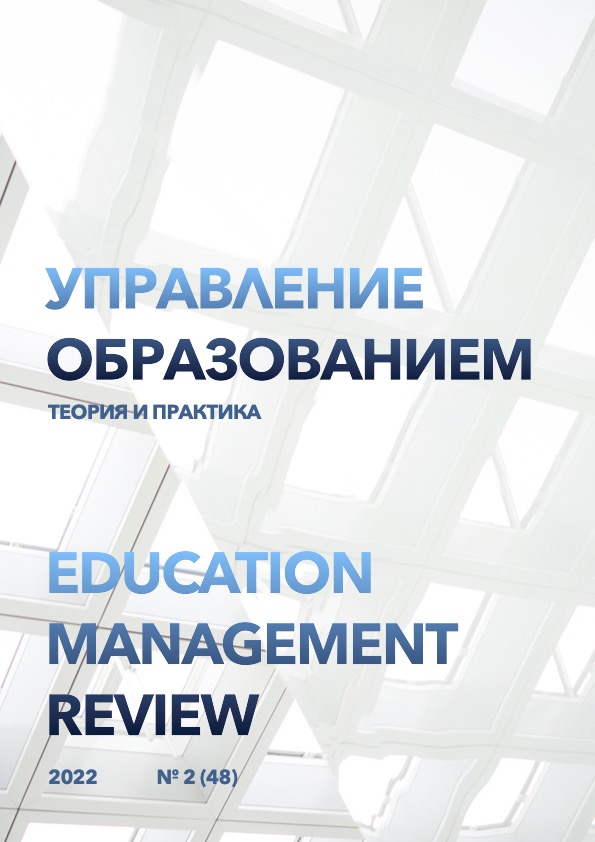Parental directives as a source of psychological trauma
DOI:
https://doi.org/10.25726/t4735-3616-8673-rKeywords:
psychology, trauma, directives, personality, upbringing, children, attitudesAbstract
As you know, the family plays a dominant role in the formation of the child's personality. From birth, mom and dad teach the child everything: to talk, to eat, to listen, to feel. Sometimes parents also allow themselves to tell their child about whether he will be a loser, perfection, and also how his future life will turn out. For example, psychologists often encounter people who work tirelessly, but cannot afford to buy a valuable thing or an expensive toy for a child. Delving into the story from childhood, the psychologist hears about the attitude of the client's parents to money and everything falls into place: "My parents always told me that big money brings a lot of troubles and problems." Parents repeat such directives from year to year during the child's growing up, and most often this leads to the fact that an imprint remains in the subconscious of the child, which affects his thinking. A person, without noticing it, "blocks" his financial flows, and even if he works round the clock, he cannot save money or spend it on something valuable, which is why he cannot earn more. This problem is still acute today, and will be relevant for many more years because many parents are sons and daughters of families from the USSR, when, as is known, there was a crisis and a rout. At that time, many families failed and their worldview changed, they passed these attitudes on to their children, and their children invested directives in today's generation. This study describes in detail the theoretical and statistical data, as well as the analysis of the influence of directives on the human subconscious.
References
Бурбо Л. Исцеление пяти травм. М.: София, 2016. 192 с.
Гарбузов В.И. Воспитание ребенка в семье. Советы психотерапевта. М.: Каро, 2015. 296 с.
Колобкова А. А. Учебные книги по французскому языку в России XVIII века // Проблемы современного образования. 2020. № 5. С. 163-171. DOI 10.31862/2218-8711-2020-5-163- 171.
Курпатов А.В. Счастливый ребенок. Универсальные правила. М.: Филипок и К, 2019. 448 с.
Литвинов С.В. О возникновении и изменении значения термина англомания //Русская речь. 2004. № 3. С. 66-68.
Литвинов С.В. Россия - Западная Европа (историческая динамика взаимодействия культур : середина XVI - середина XIX вв.) : специальность 24.00.01 "Теория и история культуры": диссертация на соискание ученой степени доктора исторических наук. Москва, 2008.
Литвинов С.В. Россия - Западная Европа: историческая динамика взаимодействия культур (середина XVI - середина XIX вв.): специальность 24.00.01 "Теория и история культуры": автореферат диссертации на соискание ученой степени доктора исторических наук. Москва, 2009. 44 с.
Логические игры и задачи на уроках математики. Популярное пособие для родителей и педагогов / А.П. Тонких, Т.П. Кравцова, Е.А. Лысенко и др. Ярославль: Академия развития, 1997. 240 с.
Мягкова С.Н., Литвинов С.В. Организация и проведение физкультурных парадов в СССРв 30-е годы XX в. // Вестник спортивной истории. 2015. № 1. С. 12 20.
Фабер А., Мазлиш Э. Как говорить, чтобы дети слушали, и как слушать, чтобы дети говорили. М.: Бомбора, 2020. 336 с.
Штайнер К. Сценарии жизни людей. М.: Питер, 2022. 413 с.




